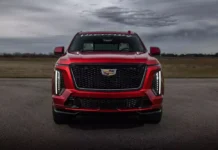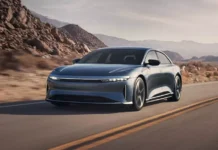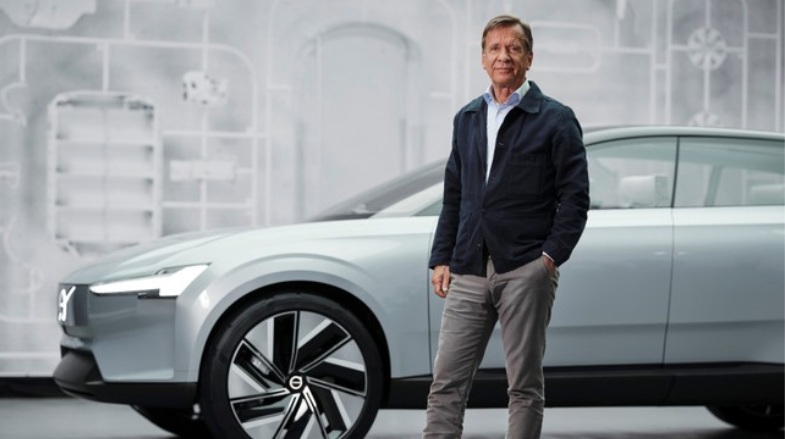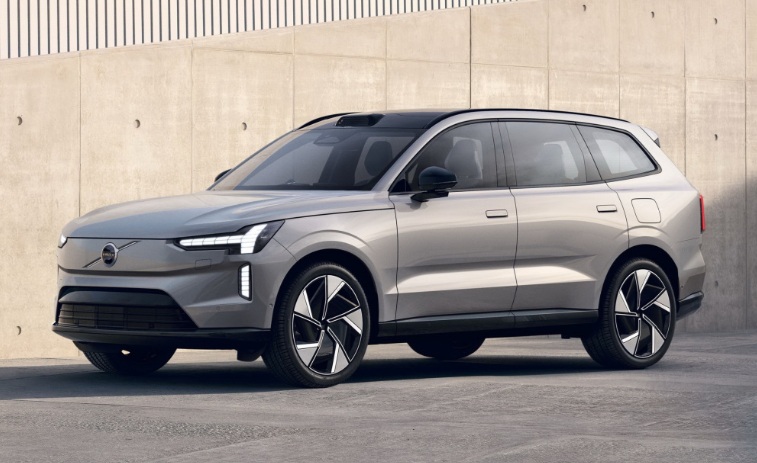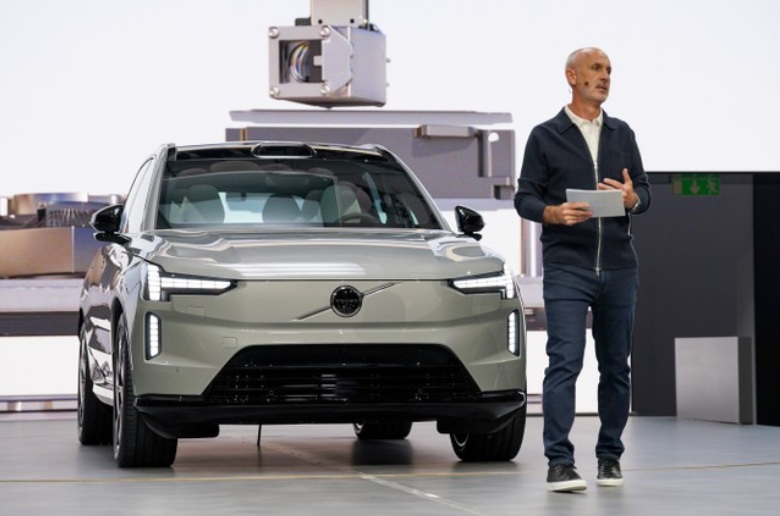While Volvo hasn’t faced a crisis like Nissan, it still needs to be well-prepared to navigate the automotive industry’s volatility.
To ensure stability and continue its development strategy, Volvo has decided to reappoint its former CEO, Mr. Hakan Samuelsson, to the executive position for the next two years. Mr. Samuelsson’s return comes immediately after Mr. Jim Rowan’s departure from the Volvo Cars board on March 31st.
During his interim tenure, Mr. Samuelsson will be responsible for maintaining the company’s direction while supporting Volvo in its search for a new, suitable leader to guide the company in the long term. The Volvo board believes that with his extensive automotive industry experience and deep understanding of the brand, Mr. Samuelsson will help the company overcome this challenging period.
Volvo, owned by the Geely Group (China), had previously set a goal to become an all-electric car manufacturer by 2030. However, the company has since adjusted its strategy. Instead of a complete shift to electric vehicles, Volvo will continue producing and selling internal combustion engine models with electric motor support alongside pure electric vehicles. This is seen as a more realistic step considering the challenges in electric vehicle infrastructure, production costs, and consumer demand.
The Chairman of the Volvo Board, Eric Li, welcomed Samuelsson’s return, emphasizing his role in leading the Swedish carmaker through a crucial decade, facilitating Volvo’s revival, and expanding its operations. Samuelsson, in turn, expressed his readiness to face the upcoming challenges, stating that the automotive industry is under pressure from multiple fronts and that Volvo needs a clear direction for sustainable growth.
While focusing on its strategic reorientation, Volvo also expressed gratitude to Mr. Jim Rowan for his significant contributions. Chairman Eric Li highlighted that under Rowan’s leadership, Volvo accelerated its transformation into a smart car company centered on software and connectivity. He also acknowledged Rowan’s efforts in establishing a robust digital foundation for Volvo as the automotive industry enters a new era.
Despite the challenges, Volvo has reasons for optimism, having just experienced a record year with sales of 763,389 vehicles, the highest in its 98-year history.
TH (Tuoitrethudo)
The Southeast Asian Auto Market: Japanese Cars Reign, VinFast Makes Strides with Electric Vehicles
With nearly 1 million vehicles delivered to customers in Southeast Asia, Toyota remains the leading automotive brand in the region in 2024. The market also witnessed the rise of homegrown brands such as Perodua in Malaysia and VinFast in Vietnam, showcasing the diverse preferences and evolving landscape of the automotive industry in Southeast Asia.







